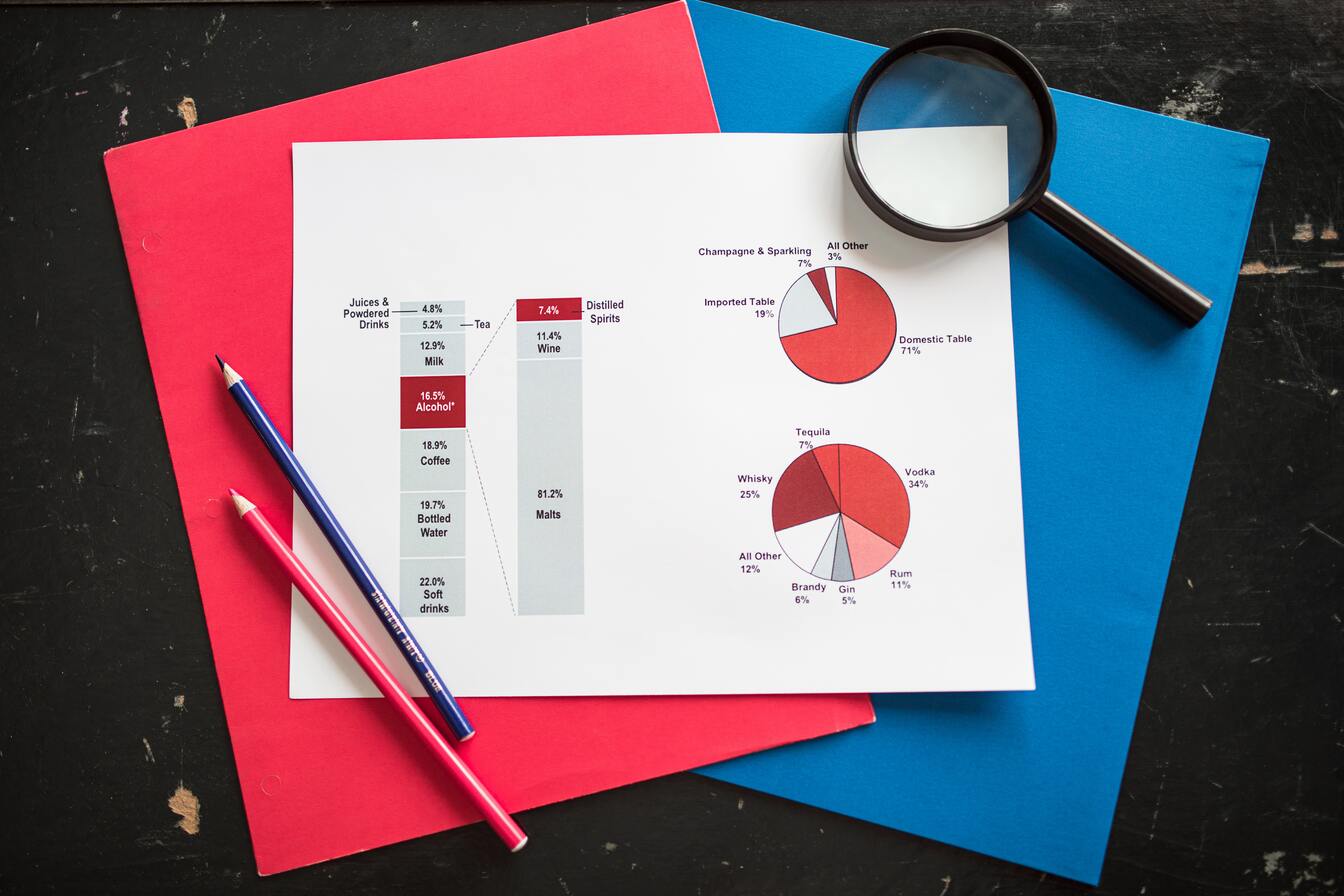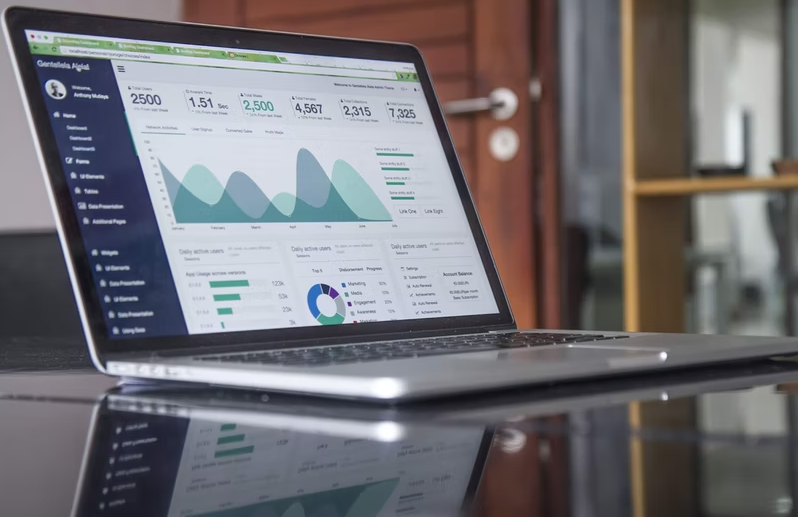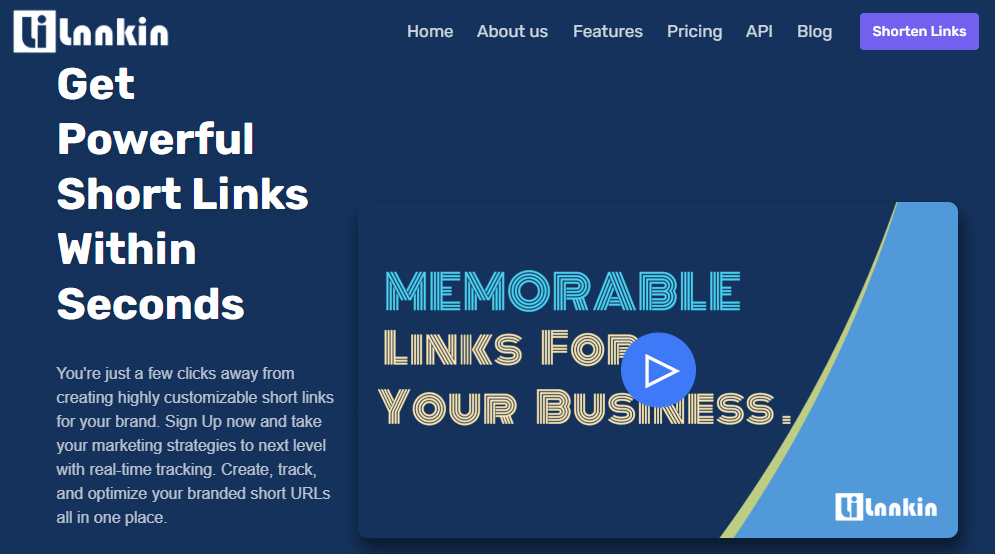3 Types of CRM - Which One is the Best Choice for You?

A successful business must focus on customer needs, offer products and services that meet those needs and, therefore, manage the customer relationship to ensure customer satisfaction and repeat purchases.
The most effective way to achieve this is by managing your business with CRM (Customer Relationship Management) software, which allows the needs of a company's current and lead customers to be managed.
If you are not familiar with this type of system or are researching CRM to take your business to the next level, here we explain what a CRM is, how they are classified and how to choose the right CRM. There are 3 types of CRM software, so it is essential to differentiate what they do so you can choose the best fit for your business.
CRM Software - What is it?
CRM software is a tool with a user-oriented approach that allows companies to track every interaction with users, leads, and current customers. It replaces oodles of spreadsheets, databases, and apps that many businesses patch together to track client data.
A CRM allows the company and its sales force to continually improve service, which will increase sales and profits by identifying new business opportunities and gain a competitive advantage by maintaining satisfied and loyal customers.
In a few words, CRM Software is a basic bet in any company. In A LOT more words, you can check this article out that goes thoroughly on the concept, specially if you're an Affiliate.
What types of CRM are there?
It is essential to differentiate the types of CRM systems available before hiring any of them. Moreover, knowing how to choose the right CRM is key to maximizing its value and obtaining tangible benefits for your company.
There are three main types of CRM software, although we can also establish other classifications.
The most common classification differentiates between:
- Operational CRM
- Analytical CRM
- Collaborative CRM
Each serves a specific purpose and is suitable for concrete business needs. Therefore, the choice of the most appropriate CRM for your company is related to the election of the one that best suits your company's needs and, of course, the available resources.
Operational CRM

Operational CRMs are the simplest of the three. The principal purpose of operational CRMs is to sell more and improve internal communication, which is why they are known as front office CRM.
They are focused on the company's business process. This type of CRM is responsible for all customer activities and interactions between the sales team and customers.
Operational CRM automates and streamlines the marketing, sales, and customer service processes.
Marketing
This functionality involves identifying the marketing team's list of potential customers and how best to target them. Through marketing automation, slow and tedious tasks are automated, such as everything related to email marketing. It also calculates the Return on Investment (ROI) of ads and the performance of each lead, including SEO analysis.
Sales
Sales functionality generally includes scheduling email flows to potential customers, automatically setting up sales meetings, or coordinating and logging emails and calls.
Service
Service automation focuses on the organization's service management. It deals with the actual interactions with customers, such as contact, direct mail, direct sales, call centers, websites, data aggregation systems, and blogs.
The following is a short rundown of its functions:
- Primary functions: marketing, sales, and service
- Perfect for customer-facing functions
- Connects marketing, sales, and customer service teams
- Automates many functions including scheduling, follow-ups, and contacts
- Facilitates customer self-service functions
- Manage email marketing campaigns
In addition, they are relatively easy to use and are suitable for almost any company, and especially the ones with a strong customer.
Analytical CRM

This CRM system focuses on Business Intelligence, through data mining (Data Mining), data storage (Data Warehouse), and OLAP (Online Analytical Processing) tools to analyze customer behavior. Its objective is to create an automated way to get more insight into what it predicts are your best opportunities.
This system provides users with deep insights into the efficiency of marketing campaigns, sales data, customer behavior and preferences, demographics, etc. When used for sales and marketing, its most common application, this CRM analyzes data from multiple sources, such as websites, email, social posts, white paper downloads, and other portals to help profile prospects.
The following is a short rundown of its functions:
- Primary function: data analysis
- Collects and analyzes customers data
- Tracks and analyzes key performance indicators
- Helps management make business decisions and set long-term goals
- Measure and evaluate marketing campaigns
Analytical CRMs are crucial for those companies trying to gain through data a deeper understanding of how customers behave and how likely they are to interact with your company.
Collaborative CRM

Collaborative CRM is more focused on communication with the customer and within the company itself.
Through a collaborative CRM system, users can get immediate access to customer data and view all past and present interactions. Additionally, this software allows information to be shared across departments within the company and helps make this information transparent and available to multiple users.
The information gained from this software allows you to keep a clear log of everything from emails and social media to phone calls and in-person interactions.
The following is a short rundown of its functions:
- Primary functions: document sharing and employee engagement
- Acts as a database for internal company information
- Supports cross-functional processes
- Addresses internal communication breakdowns
- Facilitates communication between departments and company sites
Collaborative CRMs are often used in businesses with multiple locations or companies that really benefit from an increase in synchronization efforts.
How to choose the right CRM for your business?

Now that you know how each type of CRM software can benefit your business by directly influencing your marketing, sales, and customer service processes. You need to think about which one best fits your company's goals and structure, and ensure that the type of CRM software solution you choose is the best option to maximize your sales volume and boost your business.
The first thing you should do before hiring a CRM software is to try to give answers to these questions:
- What are the main challenges you face now?
- What are you hoping to gain from implementing CRM software?
- Which CRM will integrate most with your existing technology?
The second thing is to consider some practical factors of CRM Software, among which are:
- Easy to configure and install
- Integration with products
- Access mode
- Communication between separate departments
- Reporting features
- Security features
- Ability to scale
The answers to the questions above will help you identify your business needs, and the analysis of the practical factors will allow you to choose which of the 3 types of CMR best meets those needs.
Ultimately, both strategies will pave an organized and optimized path to success for your business.
Is there a CRM for affiliates?
StatsDrone does 3 things very well which is data, CRM and Business Intelligence. Learn more about the affiliate CRM tool here.



